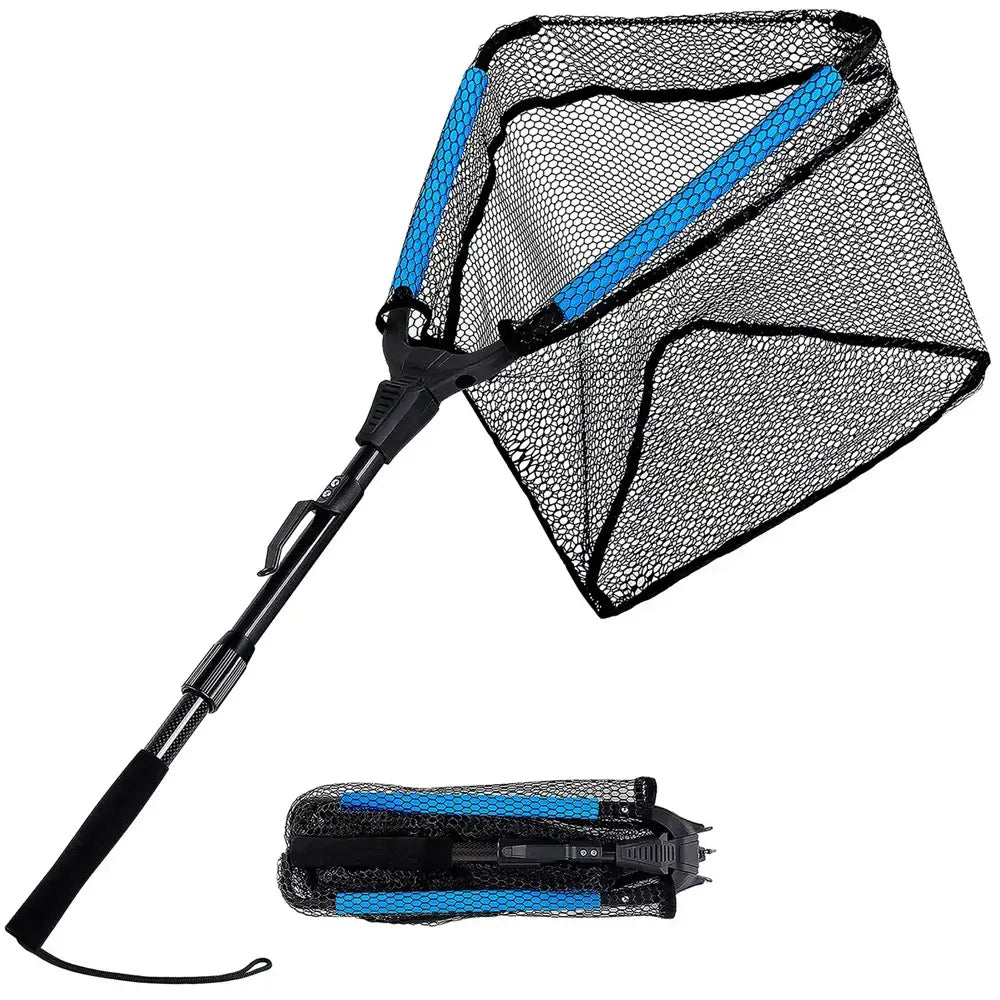Welcome to a thought-provoking dive into the environmental impact of discarded fishing nets and how we can prevent it. As our oceans continue to face an unprecedented crisis, the detrimental effects of abandoned fishing gear have come into sharp focus. From entangling marine life to polluting precious ecosystems, these ghostly traps cause irreparable harm long after they've been left behind. But fear not, as there are ways we can all help tackle this problem! In this post, we'll explore the negative impacts that discarded fishing nets have on marine ecosystems and learn about practical solutions for prevention. So let's get started on our journey towards protecting our planet's valuable ocean habitats!
The Problem
There is a huge environmental impact from discarded fishing nets. They can damage coral reefs, trap small fish and marine mammals, and act as a breeding ground for invasive species. The problem with discarded fishing nets is that they are difficult to recycle. Instead, they end up in landfills or the ocean where they decompose and create toxins. There are ways to prevent this problem from happening, however.
One way to reduce the environmental impact of discarded fishing nets is to refuse to purchase them in the first place. This will help promote sustainable fisheries practices and reduce the demand for these harmful products. Additionally, governments can implement legislation that makes it illegal to discard fishing nets in certain areas. This will discourage fishermen from using these harmful products and help preserve valuable marine resources.
Another way to reduce the environmental impact of discarded fishing nets is to recycle them. There are several organizations that collect fishing net waste and turn it into useful products such as insulation materials or plastic bags. By recycling these nets, we can help minimize the amount of toxins released into the environment and protect marine life from being harmed by them in the first place.
Methods to Prevent Net Disposal
Many people discard fishing nets when they are no longer needed or when they become damaged. Unfortunately, discarded fishing nets can have a major environmental impact.
Fishing nets can damage marine life and habitats. They can also harm people who get entangled in the nets. In some cases, discarded fishing nets can even cause shipping accidents.
There are several ways to prevent net disposal. Some people try to recycle fishing nets. Others try to sell them to organizations that will reuse them or destroy them properly.
Conclusion
The environmental impact of discarded fishing nets is significant and can have long-term consequences. If left unchecked, discarded fishing nets can damage marine life, impede navigation, and create a risk to human health. To help prevent this from happening, we need to be more aware of the way our actions affect the environment and work together to find solutions. By learning about the environmental impact of discarded fishing nets and taking steps to reduce its effects, we can help preserve our environment for future generations.

